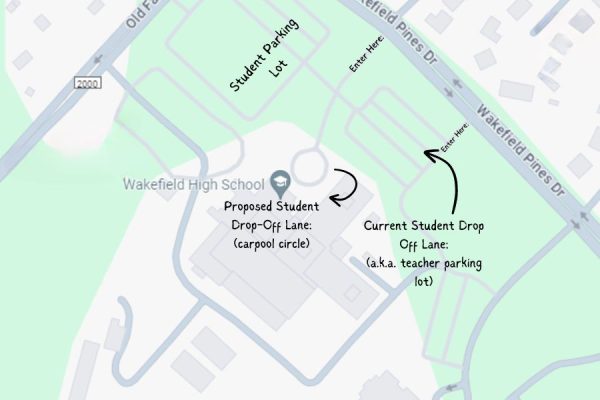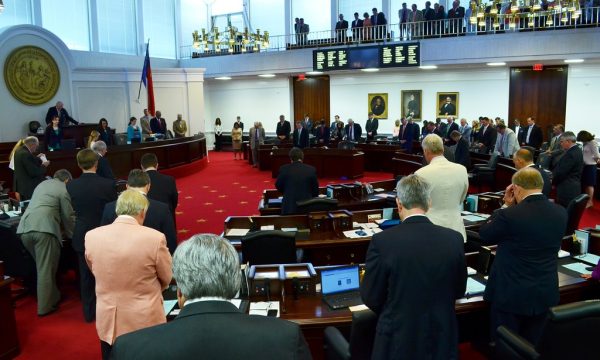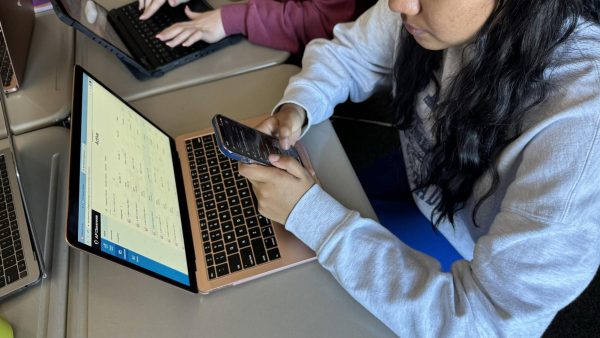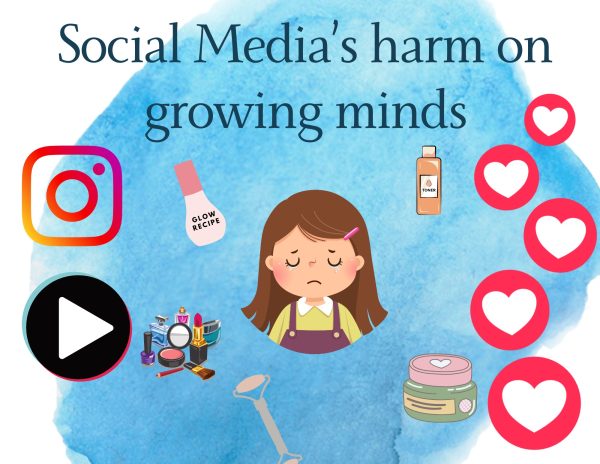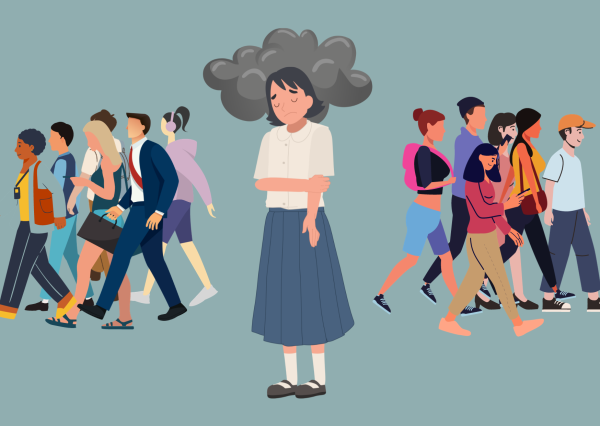Should a felony conviction decide voting rights?
The recent election may call for a change of voting laws regarding felons
With the 2016 election now over, many people are now wondering what would have happened if the 6.1 million incarcerated people could have voted. Would the results have been drastically changed if some of those felons had the ability to vote, or would nothing be different? Is it really necessary to prohibit those in prison or those with a felony on their record from voting in elections? These questions have been heavily debated and the laws that have been put in place regarding voting rights for felons are still being questioned by the general population and those in power.
According to the National Conference of State Legislatures, currently all states, with the exceptions being Maine and Vermont, prohibit those in prison from voting in elections. Upon being released from prison, states have put many different laws in place to deal with the issue of felons voting. In Maine and Vermont, felons never lose their ability to vote. While in prison, they are able to vote by using an absentee ballot. In ten states, felons are not allowed to vote while in prison, and they may lose their ability to vote permanently depending on various circumstances. For example, in Alabama, some people may have their right to vote restored upon their release from prison unless they were charged with crimes such as murder, rape, or sexual crimes against children, in which case their voting rights will be permanently taken away. If a felon has not been charged with those crimes, then a governor’s action or court action is required to have voting rights restored. In twenty states, including Georgia and Minnesota, voting rights are restored after the term of incarceration, parole, and probation has been completed. After the term of incarceration and parole have been completed in California, Colorado, Connecticut, and New York, felons have their voting rights restored. In fourteen states, such as Illinois and Indiana, voting rights are restored upon release from prison.
It does not seem reasonable to prohibit people in society with felonies or people serving time in prison from voting because there is no correlation between voting and committing a crime. Committing a crime should not stop a person from voting; they should be able to have a say in who is running the government because they are also citizens who will be affected by decisions made by the government. Voting simply requires a person to fill out a piece of paper, it does not require anything that prisoners or felons are not allowed to have.
While in priso Having a connection to the real world, no matter how small, will also help an inmate transition to life outside the prison upon their release. In a strange way, being able to vote might also make an inmate feel like they are needed in the world and help them decide to change.
Those felons outside prison who are either on parole or on probation should be able to vote as well. If they have been released from prison, it means they have hopefully been rehabilitated and are trying to become contributing members of society. If they are on probation, they most likely feel different from most people, especially since they have been in prison, so not being able to vote would make them feel even more like an outsider in their own country. Now that they are in charge of their own lives, they should be able to have a say in the government so that they will be more inclined to follow the law.
With an estimated 1.53 million prisoners being held in state and federal facilities around the nation in 2015, according to the Bureau of Justice, it seems strange to prohibit all of them from voting just because they committed a crime. Some people in prison are there because they made a stupid decision earlier in life and have changed since then. The government should not stop them from voting just because of what their record says.




